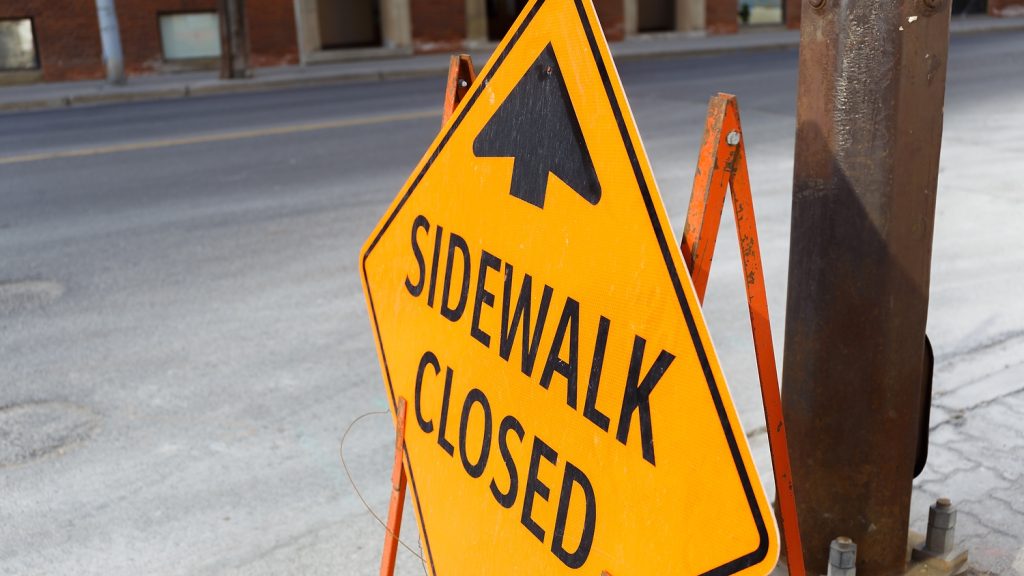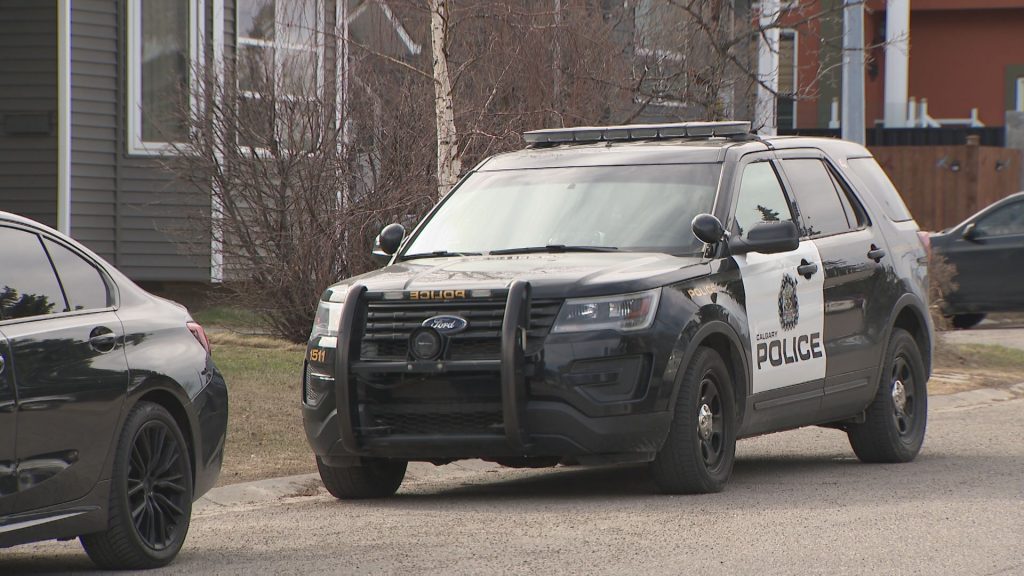Court of Appeal denies Douglas Garland new trial
Posted Dec 6, 2019 3:27 pm.
CALGARY (660 NEWS) — The Alberta Court of Appeal will not order a new trial for convicted murderer Douglas Garland.
Garland’s lawyer argued police didn’t have a proper search warrant when they searched his property outside Airdrie, and that evidence should not have been presented to a jury.
The appeal was focused on Garland’s conviction, and another appeal will be sought over his sentence.
Garland was found guilty of first-degree murder in the deaths of five-year-old Nathan O’Brien and his grandparents Alvin and Kathy Liknes in 2014, and sentenced to life in prison with no chance of parole for 75 years in 2017.
In background information, the court states Garland, acting on a “long-standing grudge,” killed the Likneses and O’Brien.
RELATED: Father of triple murder suspect says son was angry over unpaid money
Garland is described as a “highly intelligent loner”, who felt wronged by Alvin Liknes after they had a falling out due to an oil and gas pump that Garland felt he contributed to, but ultimately Liknes patented.
In 2014, when the Likneses began to plan moving away from Calgary to enjoy their retirement, Garland started researching online how to kill and dismember people, and accumulated various restraints.
After an estate sale in June of 2014, Kathy Liknes’ daughter brought her sons to the home for dinner, and Nathan stayed overnight.
Late in the night of June 29th, Garland broke into the home by drilling through a lock on the front door, and attacked the three people and took them from the home.
Nathan’s mother returned the next morning to retrieve her son but was “met by a bloody scene,” and called 911.
Part of the evidence linking Garland to the abductions was surveillance video showing a pickup truck that appeared to belong the Garland being spotted driving near the Liknes’ home.
On Jul. 4, police made a decision to enter Garland’s farm outside the city without a warrant, on the belief the victims could still be alive.
Garland was spotted leaving the property in his truck and it was stopped.
He was taken into custody and his footwear was seized.
RELATED:
During a search of the property, investigators found a smouldering firepit, fresh cut marks on the recently cleaned floor of a greenhouse, and some restraints.
A search warrant was obtained the following day, and DNA evidence was found, including organic matter from the victims in the firepit.
Police were also made aware of aerial photographs, taken two days after the kidnapping, which appeared to show three bodies on Garland’s farm.
Also, an employee at a car wash in Airdrie told police that Garland had washed his truck there one day after the kidnapping and investigators then found DNA on his truck belonging to Kathy Liknes.
The fact that Garland killed the Likneses and O’Brien was not disputed in the appeal, however, Garland’s lawyer argued that police violated his rights by searching the property without a warrant and the trial judge showed bias by showing some of the “gore” photographs that were found on Garland’s home computer.
But the Court of Appeal ruled the use of investigative detention was necessary and reasonable in this case, and due to Garland’s known past with the Alvin Liknes along with the surveillance evidence of his truck near their home, it was justified.
On the question of the warrantless search of Garland’s property, the court wrote that “in matters involving the protection of life and physical safety, the police have no realistic choice but to err on the side of caution.”
The trial judge noted the search should have been restricted only to areas where a body could have been concealed, and the Court of Appeal said even this restriction is not necessary so they would side with the trial judge, and therefore they take no issue with the ruling.
Garland’s lawyer then argued that if the warrant did not include any evidence obtained during the prior search, there would not be sufficient cause for a warrant to be issued the following day.
But the Court of Appeal disagreed with that point, saying there was more evidence that constituted the warrant, including surveillance footage of Garland’s truck and his “known animus” towards Mr. Liknes.
RELATED: Blood stains tell story of attack on three victims: forensic expert
Therefore, “we can see no error or reason to interfere with these conclusions,” the judges wrote.
The trial judge did note Garland’s footwear was seized prematurely, but also the search of a bag found in Garland’s truck at the time of his detention was done as an “honest mistake”.
Stating that this breach was “limited” and the impact on Garland was also limited, the Court of Appeal saw no ground to interfere with this portion of the ruling.
Next, the Court of Appeal saw no issue with the showing of “gore” photographs to the jury, and side with the trial judge who had to make a difficult decision in allowing them.
Finally, Garland’s lawyer listed six separate quotes from the trial judge which they said constituted bias, but the appeal judges said they find nothing inappropriate about them when viewed in context of “this difficult trial.”
The Court of Appeal then unanimously dismissed the appeal.










